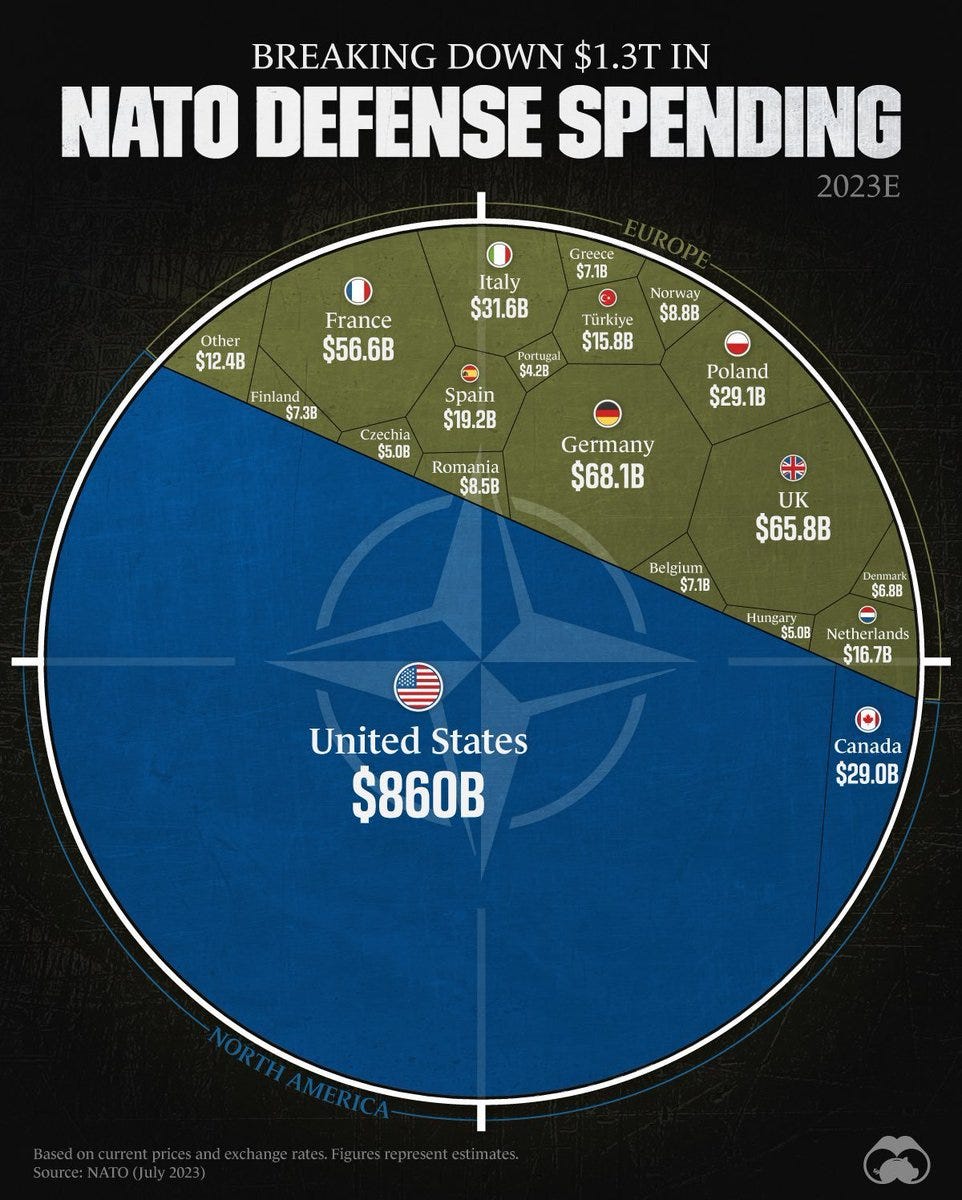Trump Card: tariffs are a bet on American strength and foreign fragility
The White House is betting on America's trade competitors to blink first.
From a purely ideological framework, proponents of free markets and political freedoms would never dare to recommend imposing tariffs without considering other factors.
Say we launched a simulation, reset the geopolitical chess board, and placed 200 new countries on the map; all of these countries are the same size and share the same amount of economic and political power. Under these conditions, it wouldn’t make sense to strongly advise the leaders of these new nations to impose tariffs because doing so would likely only cause harm within the boundaries of their respective territories.
You missed Amazon. You don't have to again.
Amazon, once a small online bookstore, grew into a global behemoth.
Now, imagine yourself at the forefront of the next revolution: AI.
In The Motley Fool's latest report, uncover the parallels between Amazon's early trajectory and the current AI revolution. Experts predict one of these AI companies could surpass Amazon's success.
When imposed without wielding a significant advantage, tariffs almost always backfire. Even among equals, Tariffs are a delicate weapon in the geopolitical arsenal. Tariffs may result in the onshoring of manufacturing but can also come at the expense of ultimately detonating consumer confidence. Tariffs can equalize a lopsided playing field but may also spark a reciprocal trade war.
Of course, we don’t live in a world of equivalent power and a robust standard for political leadership. This is especially true in the post-Biden era, in which Americans have an iron-willed political leader in President Trump. In 2025, America exists in a world where a significant portion of political leadership—both friends and foes to the United States—are feckless cowards who are more interested in optics than real results.
Consider what has happened with Ukrainian president Volodymyr Zelensky throughout the past few days.
Zelensky thought he had left his infamously disastrous press conference at the White House with an excellent backup plan, as he planned to seek relief from other NATO and European powers.
All seemed to be well, with European leaders publicly pledging to fill the gaps in funding and military equipment for the war effort. Zelensky then flew to London to meet with these tough-talking NATO members, and all appeared to be going just swimmingly. However, something must have happened behind closed doors that did not match the passionate rhetoric that the likes of Keir Starmer, Emmanuel Macron, and Justin Trudeau uttered in public forums.
On Tuesday, Zelensky publicly pleaded with the Trump Administration for a second chance, marking a dramatic reversal from his overbearing hostility at the White House meeting. Reuters is now reporting that a mineral deal between the United States and Ukraine is imminent.
America possesses the most powerful economic engine and military might in the history of the world. Deploying these massively powerful tools as leverage to obtain better longterm terms for the American people is the ultimate use of that leverage.
Moreover, we live in a time when an unrestrained China is becoming more and more of a global menace. Specifically, America faces two major immediate term threats from Beijing in the fentanyl problem and the vulnerability of Taiwan. The Chinese Communist Party is working with transnational criminal enterprises in Mexico to transport fentanyl into the United States, resulting in the deaths of some 200 Americans per day. Beijing also continues to aggressively pursue either the political or military takeover of Taiwan.
Unlike many of his counterparts abroad who prefer to quietly bend the knee to Beijing, President Trump not only talks the talk, he walks the walk. President Trump has addressed the fentanyl issue with punitive tariffs against China, and he’s actively working with Taiwan Semiconductor to onshore state of the art chip plants that will support American manufacturing of a vital national and economic security resource.
President Trump’s tariffs outside of China are a bet on the reality of well-established weakness abroad, and on American power and grit at home. Justin Trudeau and his European virtue signaling friends across the Atlantic talk a big game in public, but when the going gets tough and they need to put up the collateral necessary to get into the arena, you can count on them to not live up to their weighty rhetoric 10 out of 10 times.
Sure, American markets have indeed rolled back in the short term, as investors have become a little skittish in the face of these major power plays. Yet these tariffs are ultimately a bet on American long term strength and resilience, and on weakness abroad. Judging by the outcomes of recent events and on the established economic and political power of the United States, I wouldn’t bet against President Trump concluding this tariffs saga with stronger trade terms, and with a nation having secured a much healthier footing for the long run.






Jordan,
Tariffs are all well and good but they only apply to goods. 90% of the GDP of the States is Non-manufacturing.
So services are responsible for 90% of GDP which are generally not subject to tariffs.
So the overall affect on GDP will be negligible, if at all !
Two other factors. First, most of them have trade surpluses with the US. Thus they are more vulnerable to a tariff war. Second, they have devaluation to maintain market share as a tool. If they were to do this, American consumer price increases for imports are offset by the relative increase in the value of the dollar. The bet is that they will do this.